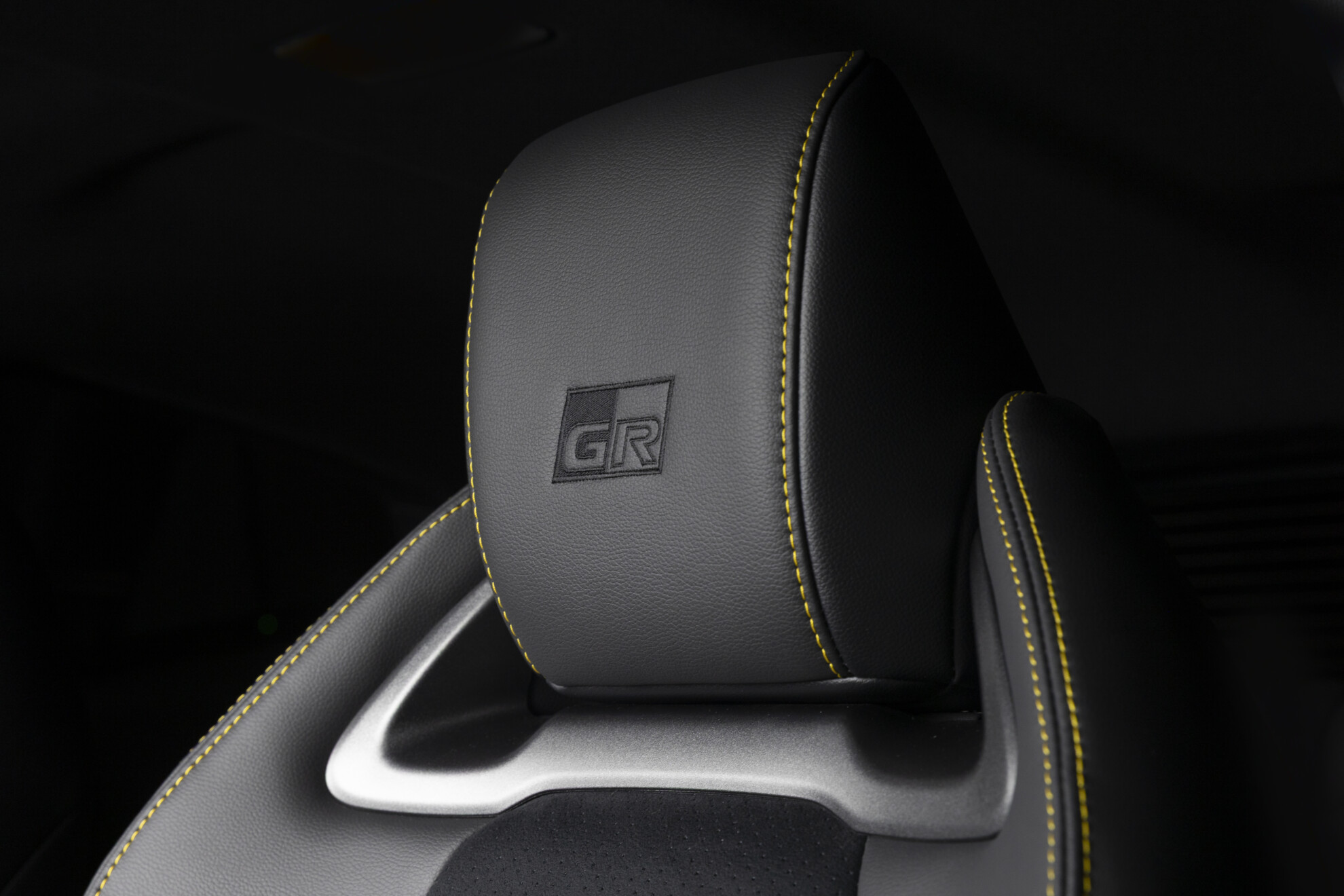
In our increasingly wired world, moments of peaceful solitude have become rare and precious. For many travelers, one of the last bastions of such tranquility is the cabin of an aircraft during a long flight. This space transforms into a sanctuary—a personal haven for reflection, creativity, and quiet entertainment, detached from the relentless demands of daily life.
However, this sanctuary is now under threat in the name of technological progress. The culprit: in-flight Wi-Fi. While some hail this advancement as a convenience, others see it as an intrusion. The joy of flying has traditionally been rooted in the freedom it offers—freedom to think, work, or simply be, away from the incessant stream of updates flashing across screens.
In an era where children are increasingly tethered to devices, the opportunity to experience boredom—a catalyst for discovery and adventure—has become a privilege. Yet, nothing disrupts this idle, satisfying state quite like an internet connection.
The Impact of Connectivity
Once the Wi-Fi is activated, the temptation to engage with the digital world becomes overwhelming. Checking emails and browsing updates quickly pulls passengers back into the daily grind, undermining the unique mental clarity that flying can offer.
Computer scientist Cal Newport champions the concept of “deep work,” a state of focused, distraction-free productivity that enhances cognitive capabilities and creates value. A long-haul flight, devoid of digital interruptions, is an ideal environment for such work. However, with in-flight Wi-Fi, the digital fog of communication—spam, updates, marketing messages—penetrates even this airborne retreat.
Technological Advancements and Challenges
In-flight Wi-Fi is not a novel concept but is becoming increasingly ubiquitous. Recently, a Singapore Airlines flight from Singapore to New York utilized an efficient Panasonic Avionics Corporation satellite system to provide connectivity. Moreover, Elon Musk’s Starlink, with its network of thousands of small satellites, promises faster and more widespread internet access. Airlines such as Qatar Airways, United, and Air New Zealand are already adopting Starlink technology.
Despite the allure of connectivity, the availability of Wi-Fi on planes often leads to a paradox of human behavior: if a connection is available, people will use it, even if it only works sporadically. This constant quest for connection transforms the flight experience from one of liberation to one of persistent distraction.
The Psychological Toll
Author William Davies highlights the addictive nature of smartphones, noting how they engage users physically and mentally. The control over screens often leads to increased usage, not necessarily for the information they provide, but for the sense of control they offer.
In practice, this results in fragmented attention. Instead of focusing on sustained activities, such as watching a movie, passengers find their attention divided and absorbed by trivial digital interactions. Even at 38,000 feet, the pull of the digital world is palpable, tempting travelers to check their devices.
“The addictive quality of smartphones derives from how they engage us physically … as much as mentally, via our eyes and minds.” — William Davies
Looking Ahead
While some airlines still have areas with poor Wi-Fi coverage, the trend towards comprehensive in-flight connectivity seems unstoppable. The challenge lies in balancing technological advancement with the preservation of spaces for digital solitude.
As the debate over in-flight Wi-Fi continues, it raises broader questions about our relationship with technology and the need for intentional disconnection. For those who cherish the rare moments of solitude that flying can offer, the hope is that airlines will recognize the value of preserving this unique aspect of air travel.
Ultimately, the future of in-flight Wi-Fi will depend on how airlines and passengers navigate the tension between connectivity and solitude. As we hurtle through the skies, the choice between being connected or disconnected becomes a reflection of our broader societal values and priorities.





